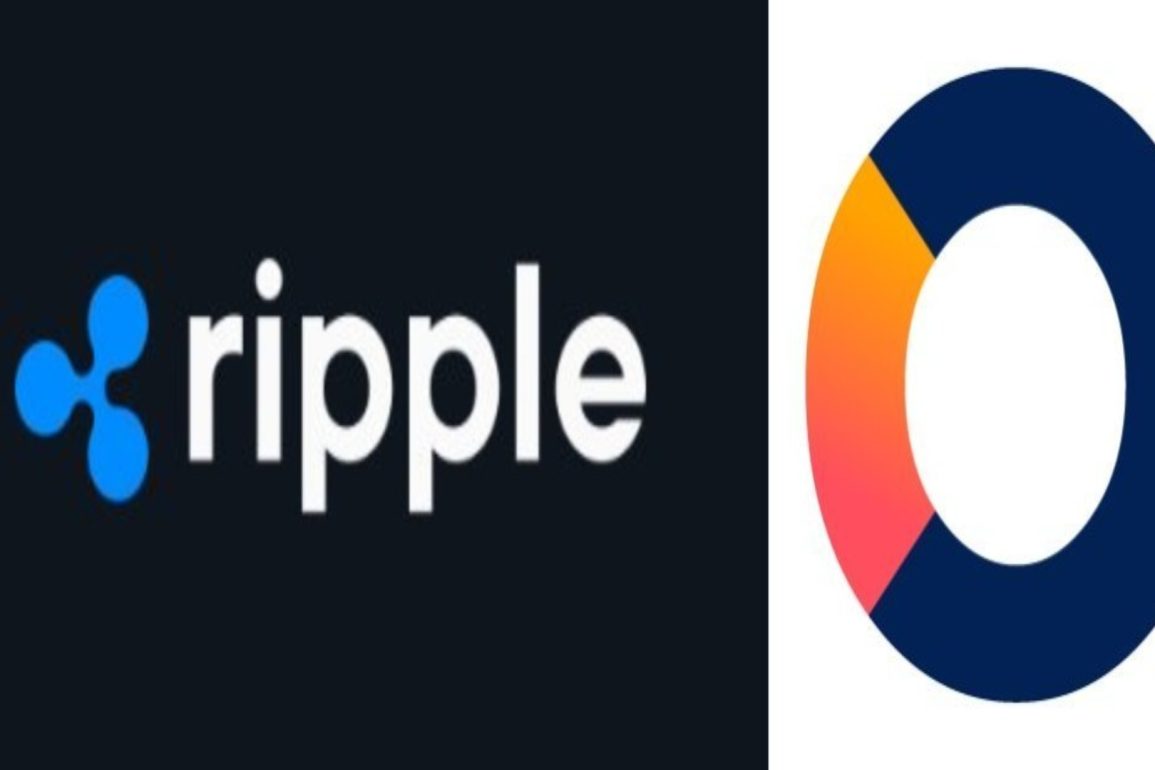- Summary:
- Ripple has withstood the pressures of the long-running court case against the SEC and acquiring Metaco emboldens it to expand its market.
In one of the biggest news of the day, Ripple has acquired Metaco, the Swiss cryptocurrency custody provider, for $250 million. As a result of the transaction, Ripple will own 100% of Metaco, but the company will maintain its separate identity as a brand. Ripple’s continued growth and pioneering spirit are reflected in this purchase, which marks the company’s entry into the sphere of cryptocurrency custody services tailored for institutional investors. As part of the agreement, Ripple will provide services for the custody, issuance, and settlement of tokenized assets.
Ripple’s resilience amid SEC case and what Metaco brings
Metaco provides institutions with tokenization tools and custody infrastructure to help them scale up innovative business models in the crypto economy. Citi, BNP Paribas, and the digital asset division of Societe Generale are among its key institutional clients. On the other hand, Ripple serves customers in 55 countries, and the company supports payouts in over 70 markets. Also, with a market cap of almost $23 billion, Ripple’s XRP token is the sixth largest cryptocurrency.
With access to Ripple’s existing clientele and infrastructure, Metaco anticipates rapid expansion. The move to invest in Metaco is a bold step by Ripple, which is keen on attracting more institutional investors despite a prolonged court battle with the US Securities and Exchange Commission (SEC). Late in 2020, Ripple was accused by the SEC of selling unregistered securities to the tune of $1.3 billion. The case has significantly stunted Ripple’s expansion, but the company has proven to be remarkably resilient.
But Ripple has denied the allegations, stating that the token is a currency that does not require registration as an investment contract. The company’s lawsuit against the US government agency is likely to end later in the year. Ripple CEO Brad Garlinghouse has recently revealed that the company will have spent about $200 million in legal costs by the time the case comes to a close. Despite this, the firm is still in a healthy financial position, with $1 billion in cash remaining after the deal. This allows it to explore more mergers and acquisitions opportunities.


